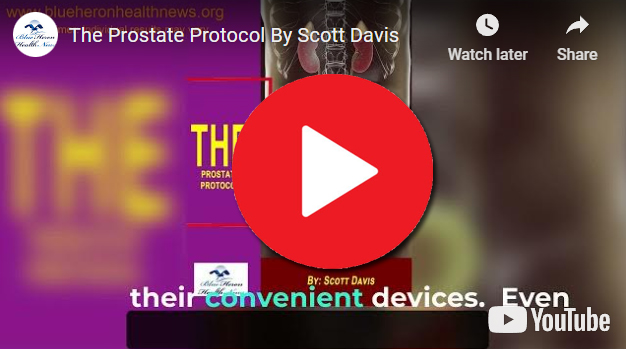
The Prostate Protocol By Scott Davis The Prostate Protocol is designed for all those who want a natural solution for BPH. The online program can help users to treat BPH. Also, it will address the root cause and prevent a recurrence. You might not expect this benefit from conventional treatments. The program is the outcome of extensive research.
How can one find support groups for prostate disease patients?
Finding support groups for prostate disease patients can be an important part of managing the condition, offering emotional support, shared experiences, and information. Here are some ways to find support groups:
1. National and International Organizations
- Prostate Cancer Foundation (PCF): The PCF offers resources and support for prostate cancer patients, including information on finding local and online support groups. Their website includes a section dedicated to patient resources.
- American Cancer Society (ACS): The ACS provides information on prostate cancer support groups, both online and in-person. They also have a “Find Support Programs and Services” tool on their website where you can search for local support groups.
- Us TOO International: Us TOO is a prostate cancer support, education, and advocacy nonprofit organization that offers support groups across the United States and internationally. Their website has a directory where you can find a local chapter.
2. Hospitals and Cancer Treatment Centers
- Local Hospitals: Many hospitals and cancer treatment centers offer support groups for prostate disease patients. Check with your healthcare provider or the hospital’s patient services department for information about any ongoing support groups.
- Cancer Care Centers: Facilities specializing in cancer treatment often host support groups as part of their patient care programs. These centers may also offer counseling services and educational workshops.
3. Online Support Communities
- Cancer Support Community: This organization provides online support groups and forums where prostate disease patients can connect with others. Their online platform includes moderated support groups and educational resources.
- HealthUnlocked: HealthUnlocked has an online community for prostate cancer patients where individuals can share their experiences, ask questions, and receive support from peers.
4. Social Media and Online Forums
- Facebook Groups: There are many Facebook groups dedicated to prostate disease and prostate cancer, where members share experiences, support each other, and provide information on treatments and coping strategies. Simply search for “prostate cancer support” on Facebook to find these groups.
- Reddit: Subreddits like r/prostatecancer provide a space where patients and caregivers can discuss their experiences, ask questions, and offer support.
5. Ask Your Healthcare Provider
- Doctor’s Recommendation: Your healthcare provider may be aware of local support groups or organizations that provide support services for prostate disease patients. They can often refer you to groups that meet in person or online.
6. Local Community Centers and Churches
- Community Centers: Many local community centers or senior centers host support groups for various health conditions, including prostate disease. These may be less formal but can offer valuable support.
- Religious Organizations: Some churches and religious organizations offer support groups for members dealing with health issues, including prostate disease.
Sources:
- Prostate Cancer Foundation: Support Resources
- American Cancer Society: Support Programs and Services
- Us TOO International: Find a Support Group
- Cancer Support Community: Online Support
- HealthUnlocked Prostate Cancer Community: HealthUnlocked
By using these resources, you can find a support group that meets your needs, whether you prefer in-person meetings, online forums, or a combination of both.

The Prostate Protocol By Scott Davis The Prostate Protocol is designed for all those who want a natural solution for BPH. The online program can help users to treat BPH. Also, it will address the root cause and prevent a recurrence. You might not expect this benefit from conventional treatments. The program is the outcome of extensive research.